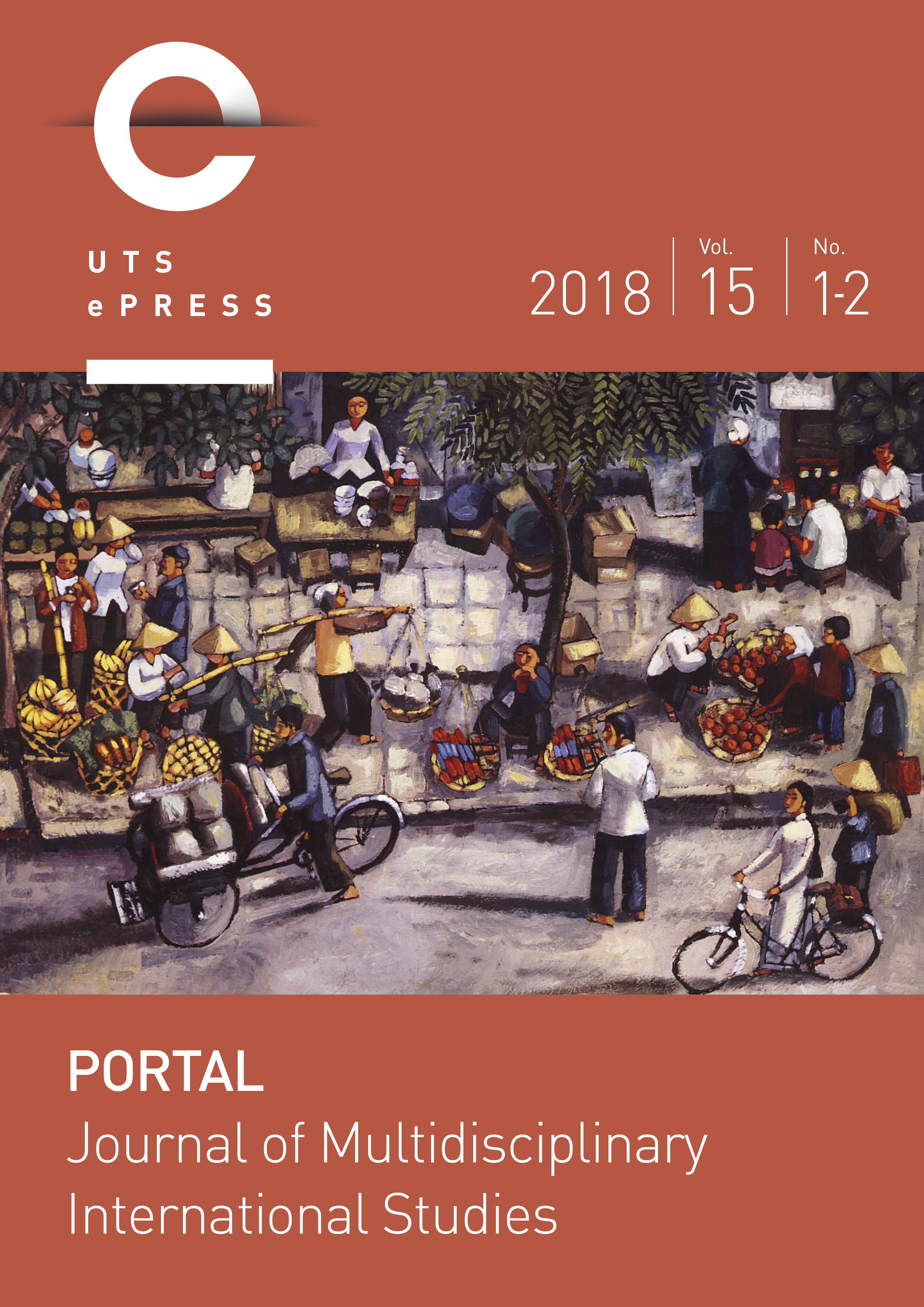Linda Lê, On Writing and Not Writing
Main Article Content
Abstract
Linda Lê prétend qu’écrire lui est plus cher que les origines or l’appartenance à une telle communauté, une attitude qui, selon elle, lui permet d’occuper aisément les espaces illégitimes entre le pays natal et le pays adopté, entre appartenir et non-appartenir. Mais dans ses écrits, elle met régulièrement en scène la rencontre entre écrire et ne pas écrire – juxtaposant l’écrivain et la page blanche, l’inspiration et le silence – et elle représente l’acte d’écrire comme un rapport symbiotique entre un parasite et son hôte. Dans cet article nous examinons ces thèmes dans deux romans de Lê : Un si tendre vampire (Table Ronde, 1987) et Conte de l’amour bifrons (Christian Bourgois, 2005). En nous penchant sur le personnage de l’oiseau de mauvais augureet en faisant appel aux dialogues dans ses essais de non-fiction entre l’auteur et les écrivains réduits au silence qui l’inspirent, nous suggérons que ne pas écrire n’est pas l’opposé d’écrire, mais son double. Le double est également omniprésent dans l’œuvre de Lê, souvent représenté par Janus Bifrons, le dieu des commencements et des fins. Dans son exploration métatextuelle du travail de l’écrivain, Lê dramatise la possibilité de ne pas écrire, paradoxalement garantissant l’acte d’écrire.
Article Details
Issue
Section
For submissions from 31st March 2014 onwards, authors who submit articles to this journal for publication agree to the following terms:
a) Retaining Copyright and Granting Rights:
Authors retain copyright and grant the journal the right of first publication. The work is simultaneously licensed under a Creative Commons Attribution License, allowing others to share and adapt the work. Acknowledgment of the work's authorship and initial publication in this journal is required.
b) Non-Exclusive Distribution:
Authors may enter into separate, additional contractual arrangements for the non-exclusive distribution of the journal's published version of the work (e.g., posting to an institutional repository or publishing in a book). Acknowledgment of its initial publication in this journal is required.
c) Online Posting and Citation Advantage:
Authors are encouraged to post their work online (e.g., in institutional repositories or on their website) prior to and during the submission process. This may lead to productive exchanges and earlier and greater citation of the published work (See The Open Access Citation Advantage Service). If authors include the work in an institutional repository or on their website, they must acknowledge the UTS ePRESS publication with relevant details.
d) Creative Commons Attribution (CC-BY) License Awareness:
Authors should note that the CC-BY License permits readers to share (copy and redistribute) and adapt (remix, transform, build upon) the work for any purpose, including commercial use. Proper credit, a link to the license, and indication of any changes made must be provided. The manner of doing so must not suggest endorsement by you or your publisher.
For Volume 10 No 2 (2013) and earlier, the following copyright applied:
Authors submitting a paper to UTSePress publications agree to assign a limited license to UTSePress if and when the manuscript is accepted for publication. This license allows UTSePress to publish the manuscript in a specific issue.
Articles published by UTSePress are protected by copyright, with rights retained by the authors, who assert their moral rights. Authors control translation and reproduction rights to their works published by UTSePress. All rights are reserved worldwide by UTSePress, and downloads of specific portions are permitted for personal use only, not commercial use or resale.
For reprint or usage permissions, please direct inquiries to UTSePress via the journal's main editor, Dr. Nicholas Manganas at [portal.scholarly.journal@gmail.com]. Reprint permission requires acknowledgment of both UTSePress and PORTAL in the format advised by the journal editor.
